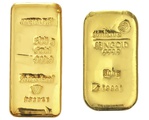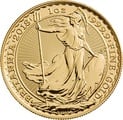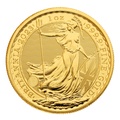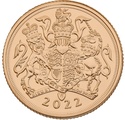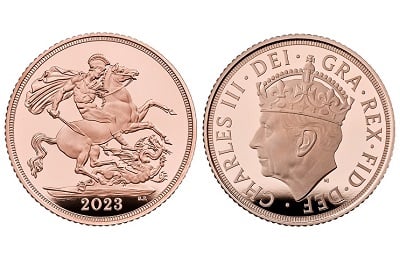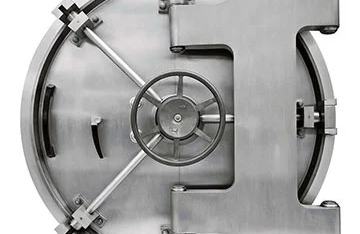Will the value of gold increase?
Before committing to an investment, the key question most of us ask is will the value of this asset increase in the future? Unfortunately, the answer to this question is as unclear as the future itself.
Nothing in life is certain. So many different factors are at play that our expectations and predictions are always prone to change and, as with so many other things, it’s impossible to know exactly what will happen to the price of gold in the future. However, that doesn’t mean that it’s impossible to have an idea of what might happen. The gold, like everything else, is swayed by a combination of certain other influences and hindsight and our knowledge and experience of gold allows us to make reasonable judgements and assumptions about the gold price.
Gold has been considered valuable for as long as human civilisation has existed. It is a timeless currency and is therefore considered the ultimate safe-haven asset. This means that the price of the precious metal tends to soar in times of economic difficulty or geopolitical instability, when demand increases as investors lose confidence in banks and higher risk investments. Conversely, the price will often decrease in more stable times, when investors’ confidence and appetite for risk is much higher. The global economic crash in 2008 is an excellent example of this. In the three years following Lehmann Brothers’ bankruptcy in September 2008, the price of gold increased by 157% as the impact of the bank’s collapse was felt across the world. Looking at the historical movements of the gold price, taking into account the state of the global geopolitical and economic climate, allows us to make predictions about which direction the precious might take.
Eternal Value
This ability to maintain a high value regardless of external factors is what sets precious metals apart from other assets and is the main reason so many investors choose gold as a hedge against inflation and economic turbulence. However, although its price in pounds, dollars, or euros may fluctuate, an ounce of gold remains an ounce of gold and is likely to be as valuable as it was when purchased.
To illustrate this, we can use the popular anecdote that a hundred years ago an ounce of gold would have been able to buy a nice suit. A hundred years later, in the twenty first century, an ounce of gold would still buy the same suit even though inflation means that the price in pounds will have increased. It is this that makes gold and other precious metals the ultimate safe-haven asset.
Essentially, the intrinsic value of a tangible asset such as gold, or indeed a nice suit, doesn’t rise or fall. Rather, the value of paper currency changes as more and more is printed in order to keep our complex economy, built on foundations of debt and hypotheses, from imploding. An ounce of gold, however, remains an ounce of gold.
Rather than asking whether the value of gold will increase, then, we should perhaps be asking which investment will secure our wealth for years to come? The answer to that would, of course, be gold.
- How To Buy Gold
- How to Buy?
- Payment Options
- Delivery Options
- Gold Storage
- Storage at Brink's
- Gold Investment Guide
- Why buy gold?
- Is gold a good investment?
- Why physical gold?
- Best time to buy gold?
- Gold bars vs coins?
- Gold vs Silver
- Gold - Silver Ratio explained
- VAT on bullion
- CGT on bullion
- Legal tender coins
- Top 5 Gold Investments
- Top 5 Silver Investments
- Gold vs ISAs
- Gold vs Buy-to-Let
- Gold vs FTSE 100
- Gold vs Bitcoin
- Where to buy gold?
- Why buy from us?
- Where to sell gold?
- Coin Shops
- Gold Price Forecasts
- Top 10 Gold Producers
- Top 10 Gold Reserves
- Gold Britannia vs Sovereign
- Britannia coin designs
- Sovereign coin designs
- Sovereign Mintages
- Sovereign mint marks
- British coin specs
- What is a proof coin?
- Royal Mint bullion
- The Queen's Beasts
- Royal Mint Lunar Coins
- Bullion Refiners
- British coin mints
- Krugerrands
- Gold Tola - India & Pakistan
- Bullion Index
